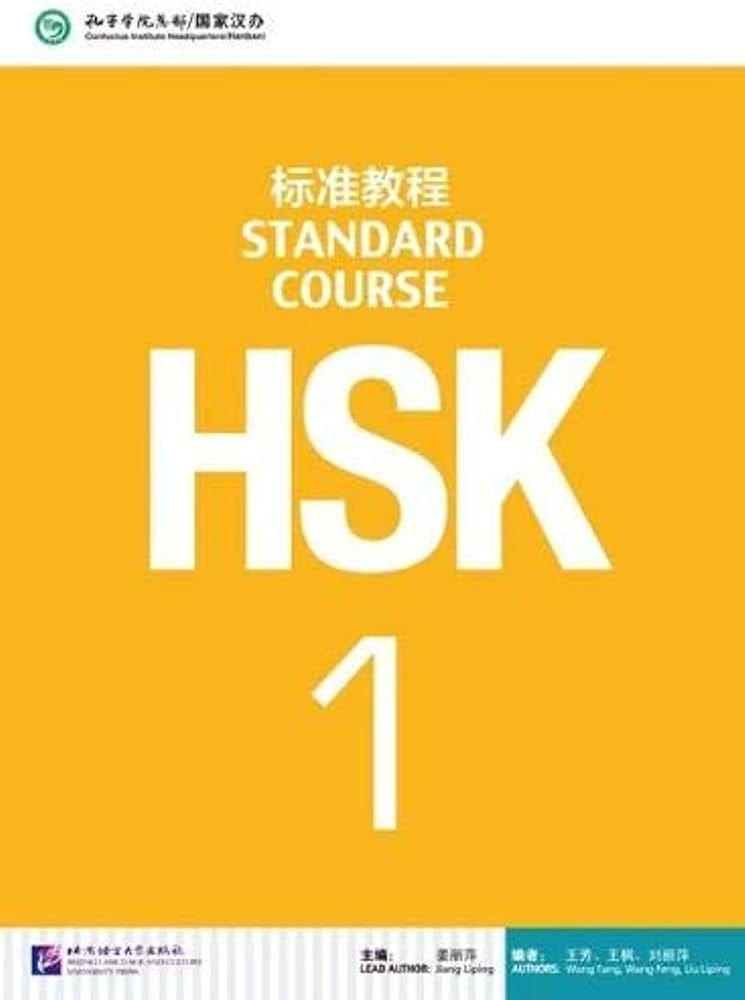Hey friends, today I will discuss 汉语水平考试 Hanyu Shuiping Kaoshi, otherwise known as HSK. When I started learning Mandarin Chinese, I initially hesitated using the HSK curriculum to study. Eventually after more research and reconsideration, I began using it as my main resource (but not my only resource) to learn new words and sentence structure. Last year I studied HSK 4 and am now working towards HSK 5. By the end of this post, you can decide if the HSK system aligns with your language learning goals.
What is HSK?
HSK is the official Chinese proficiency test designed for non-native speakers. It evaluates your abilities across these four aspects: reading, writing, listening, and speaking. One advantage of HSK is its categorization of frequently used Chinese vocabulary into six levels. For each level, there is an official examination you can take to prove your competency. Below is a breakdown of vocabulary per level. As you can see, it gets significantly harder the higher you progress.
Note: At the time of this writing, HSK is in the process of transitioning from version 2.0 to 3.0, the difference between 6 levels versus 9 levels, respectively. I am currently still using the 2.0 material since it will still take a few years to fully transition to 3.0.
The pros of HSK is having a structured path to increasing fluency. It begins with fundamental characters and grammar concepts, gradually expanding upon this foundation. Additionally, numerous online/book resources adhere to the HSK standards, allowing you easy access to study their material. Passing the exams can prove to be beneficial for university applications and job opportunities in China.
However, there are some drawbacks to consider. Some of the cons are that HSK does not cover slang or recent vocabulary which can be important for casual conversations. Critics often point out that certain uncommon words are introduced too early in the beginner levels or are generally considered archaic. The vocabulary featured in the textbooks also resemble closely to the Beijing accent, characterized by the use of 儿化, which does not represent how Chinese is used across the country. As you reach higher levels in HSK, there will be a greater focus on vocabulary commonly found in formal written contexts such as news articles, research papers, and literary works.
Pros
Structured way of improving fluency
Variety of online/book resources that follow this standard
Potential career and educational opportunities upon passing the exams
Cons
Absence of recent slang or jokes found in every day conversation
Text closely reflects the Beijing accent
Advanced levels prioritize formal vocabulary typical of academic writing
My Experience
When I first started learning Mandarin, I initially disregarded HSK because I had no intention to take their exams. Also, I had read several testimonies of HSK students who, despite achieving levels 4 or 5, still struggled with casual conversation (1, 2). This prompted me to focus on practicing vocabulary relevant to everyday dialogue and learn freely with any material I could find. However, I soon hit a plateau in my sentence structure and reading proficiency, and also wanted more structure in my studying. After taking another look at the HSK material, I decided to pick up HSK 4 under the recommendation of my private tutor.
Thus far, I have enjoyed using the HSK system to increase my proficiency. Goals such as "complete HSK 4 by this date" gave me something to strive towards and helped with overall motivation. Although it has increased my reading literacy and vocabulary, I do agree with the online testimonies that my speaking hasn't improved at the same rate. At the end of the day, HSK material is preparing you to take a test to prove your proficiency, not your conversational fluency. There is a speaking version of the HSK test known as HSKK 汉语水平口语考试 but it seems to be somewhat peripheral to the main HSK tests. Moreover, the vast linguistic landscape of China and its native speakers do not strictly operate under the HSK standard. There were many instances where I encountered a new word in conversation or daily life that is not found in any HSK level. What I concluded is HSK should only be one source of your learning journey, but not the only one.
HSK is a great resource if you want to learn frequently used words in the Chinese language. It is an officially recognized standard to test your proficiency, providing structured guidance to set goals and stay motivated. However, achieving high scores on the HSK exams does not necessarily equate to being conversationally fluent. Overall, I recommend supplementing HSK with other resources if you have goals beyond passing the exams.
Looking Ahead
1. Discussing book resources: Graded readers
Like what you see? Leave a comment or share this post with a friend!
Best,
Eric






